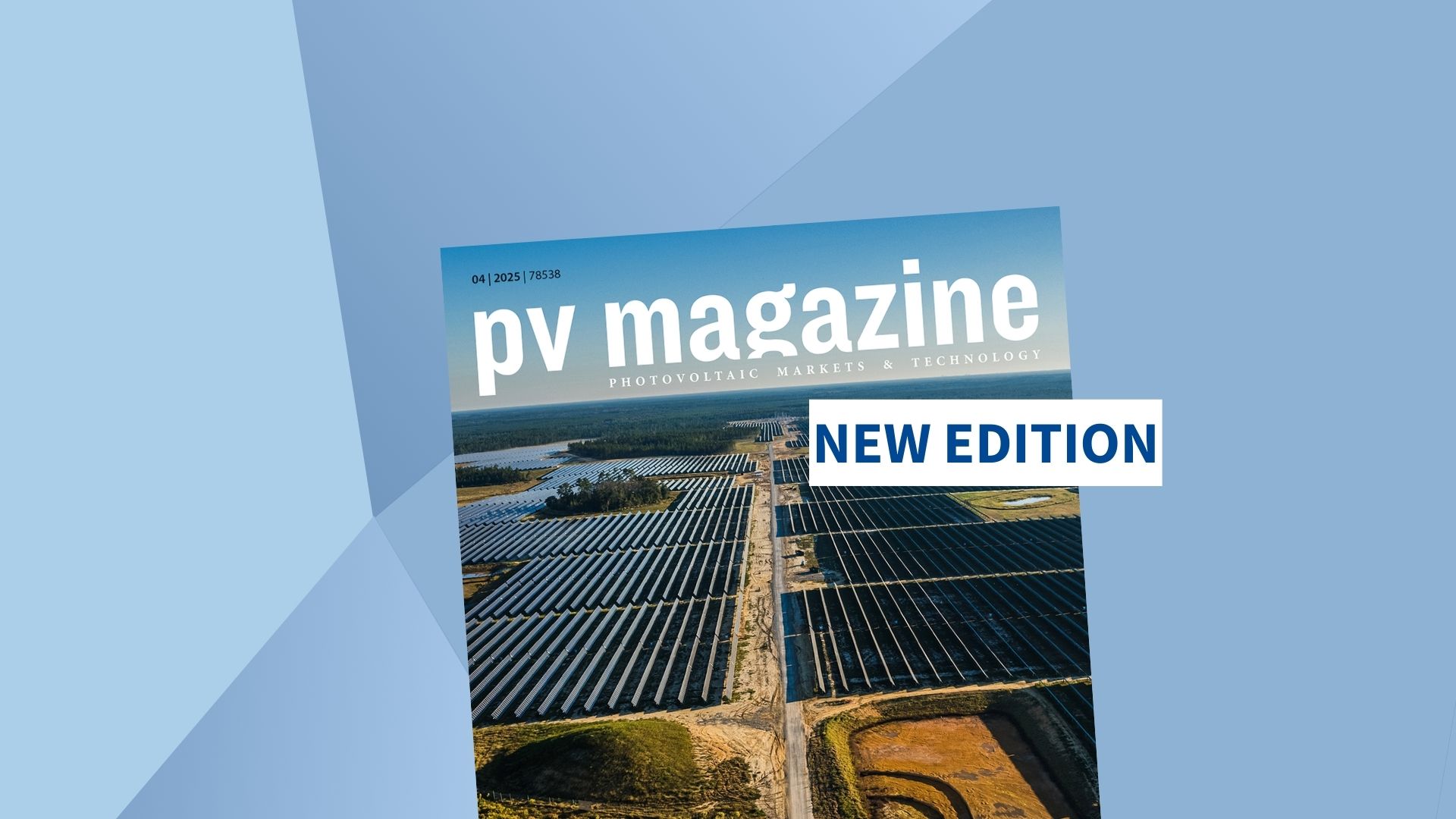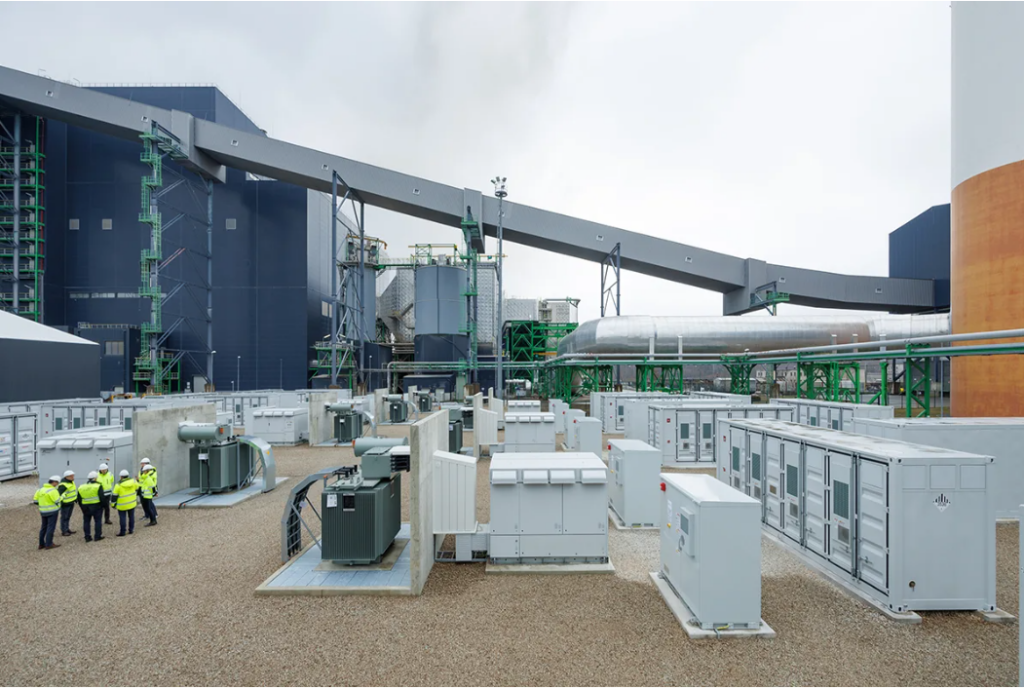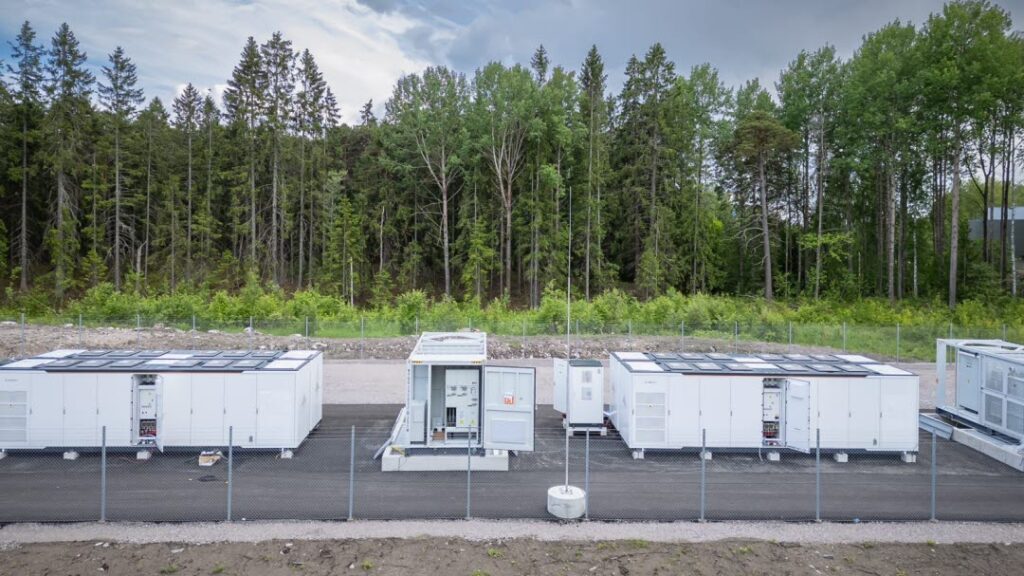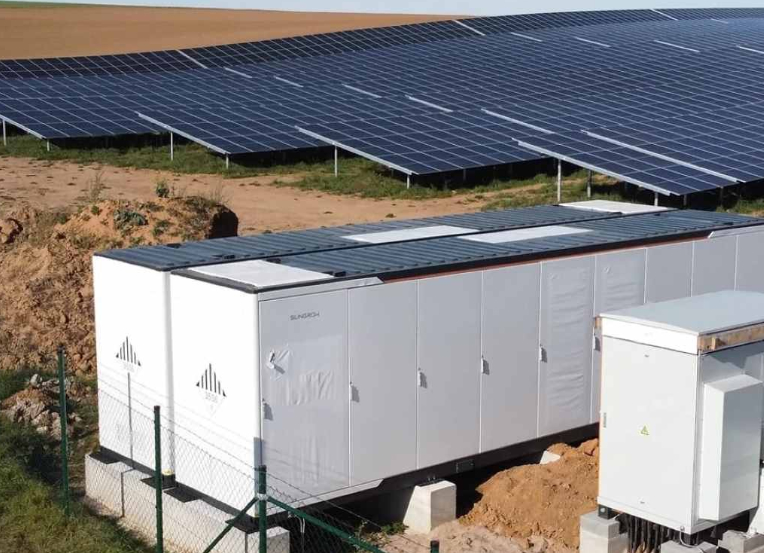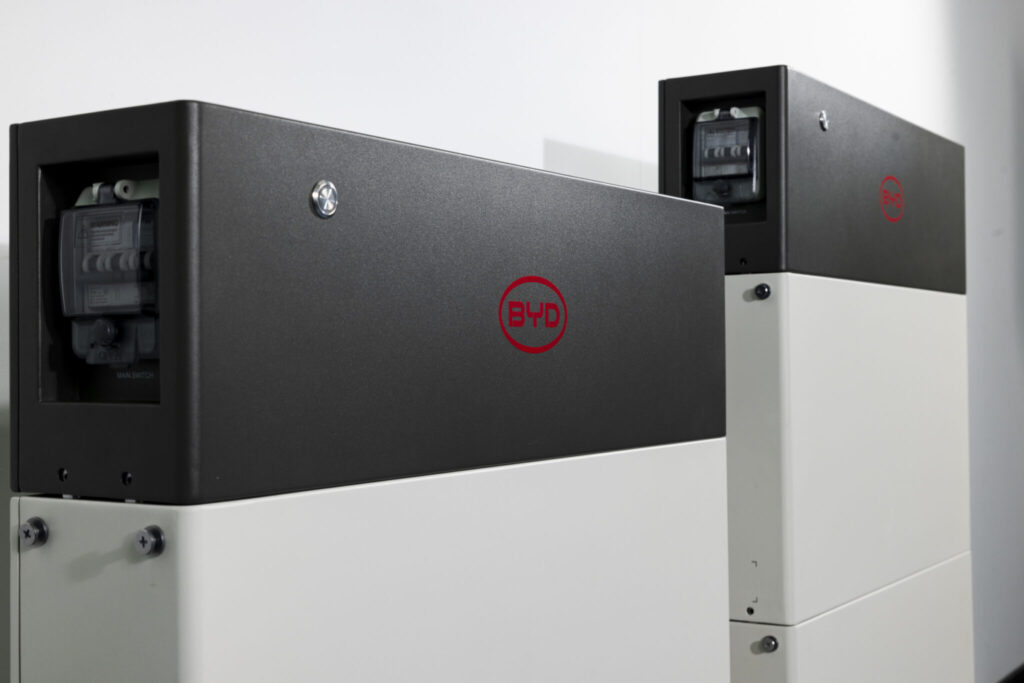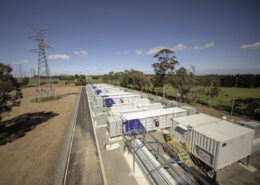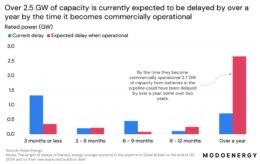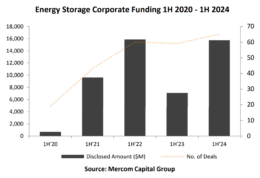Poland: Tender for construction of 263 MW battery storage system, aqusition of 133 MW battery project
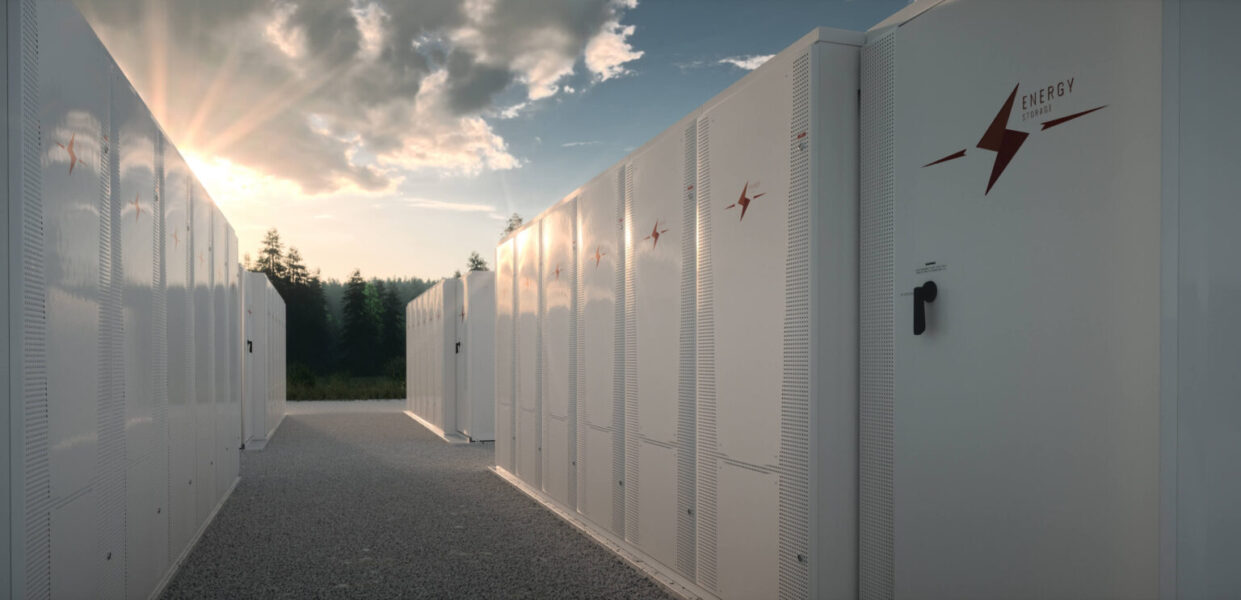
Polish state-owned energy company PGE Group announced a tender for the construction of a battery energy storage facility in Żarnowiec, which is likely to become the nation’s largest once completed.
The facility will have a power output of 263 MW and storage capacity of at least 900 MWh. It will be located in the vicinity of the Żarnowiec Pumped Storage Power Plant, owned and operated by PGE Group.
Dariusz Marzec, president of the management board of PGE Polska Grupa Energetyczna, referred to the project as one of the largest battery energy storage facilities in Europe.
“Soon, given the pace of the energy transformation process, the management of surplus energy from renewable sources will be one of the main challenges facing the national power system. As the largest energy company, we meet these needs and consistently implement investments in the area of energy storage,” he said.
By 2030, the company aims to have at least 800 MW of new energy storage capacity. In January, PGE Group announced that it had obtained connection conditions for a battery storage facility with a capacity of 400 MW in Gryfino, northwestern Poland.
The Group presently has two operating battery energy storage facilities – a 2.1 MW/4.2 MWh system in Rzepedź in the Podkarpacie region and a 500 kW/750 kWh facility on Góra Żar in the Silesian Voivodeship.
Its latest project in Żarnowiec will help PGE Group provide regulatory services to the Transmission System Operator, as well as balance the output of the already operating onshore wind farms and future PGE wind farms in the Baltic Sea.
The tender for the design and construction of a battery energy storage facility in Żarnowiec was announced on July 15. It is being conducted in an open tender procedure, in accordance with the Public Procurement Law. Applications can be submitted until September 30.
All procurement documents are available here: https://swpp2.gkpge.pl/app/demand/notice/public/88607/details.
Meanwhile, DRI, the EU renewables arm of Ukraine-based energy investor DTEK, has completed the acqusition of a 133 MW/532 MWh battery storage project in Trzebinia, Poland, from developer Columbus Energy.
“This marks a significant advancement in developing the largest battery storage facility in Poland,” DRI said on Wednesday. The company’s stated goal is to build a 5 GW portfolio of renewable energy and storage projects in Europe by 2030, via DRI, with up to 1 GW of assets in Poland alone.
DRI announced in March this year that it had acquired the rights to build the Trzebinia project in the southern part of the country. The acquisition announcement shows the company is making progress, staying on track to break ground later this year. Commercial operation is expected to start in January 2027.
Namely, the project has an obligation to provide energy capacity to the Polish market for 17 years starting from 2027, having been successful in the 2022 Capacity Market auction organized by the Polish Transmission System Operator (PSE).
The Trzebinia project represented the lion’s share of battery energy storage secured in Poland’s seventh capacity market auction, which catalyzed a mere 165 MW and mainly generated subsidies for existing and new coal and gas-fired power plants.
The nation’s eighth auction, held in 2023, was the first one to secure a large amount of battery storage projects, specifically 1.7 GW. The next one will take place in December against the backdrop of the highest curtailment of renewable energy generation on record.
According to the PSE data, up to May 6, 2024, a total of 319.6 GWh of electricity was subject to non-market redispatch. This included 279.7 GWh of PV generation and 39.9 GWh of wind generation. For comparison, only 74.4 GWh was curtailed throughout 2023.
Krzysztof Kochanowski, Vice-President of the Management Board and General Director of Polish energy storage industry association PIME, said in March as DRI announced its investment in the Trzebinia project: “Poland is one of the leaders in the European Union in the production of batteries and battery cells, and in the next five years it will also be one of the leaders in the construction of energy storage facilities using battery technology.”

